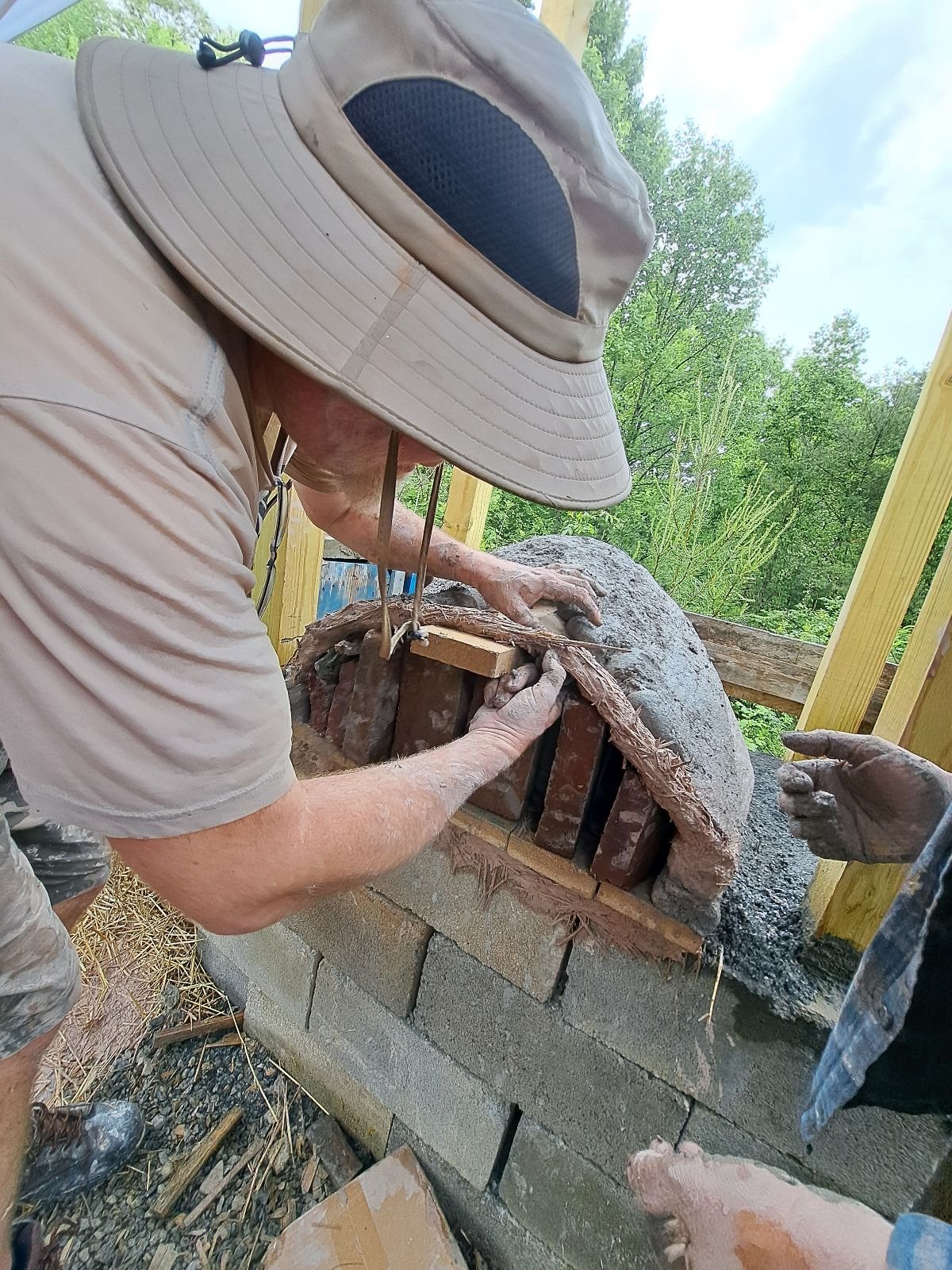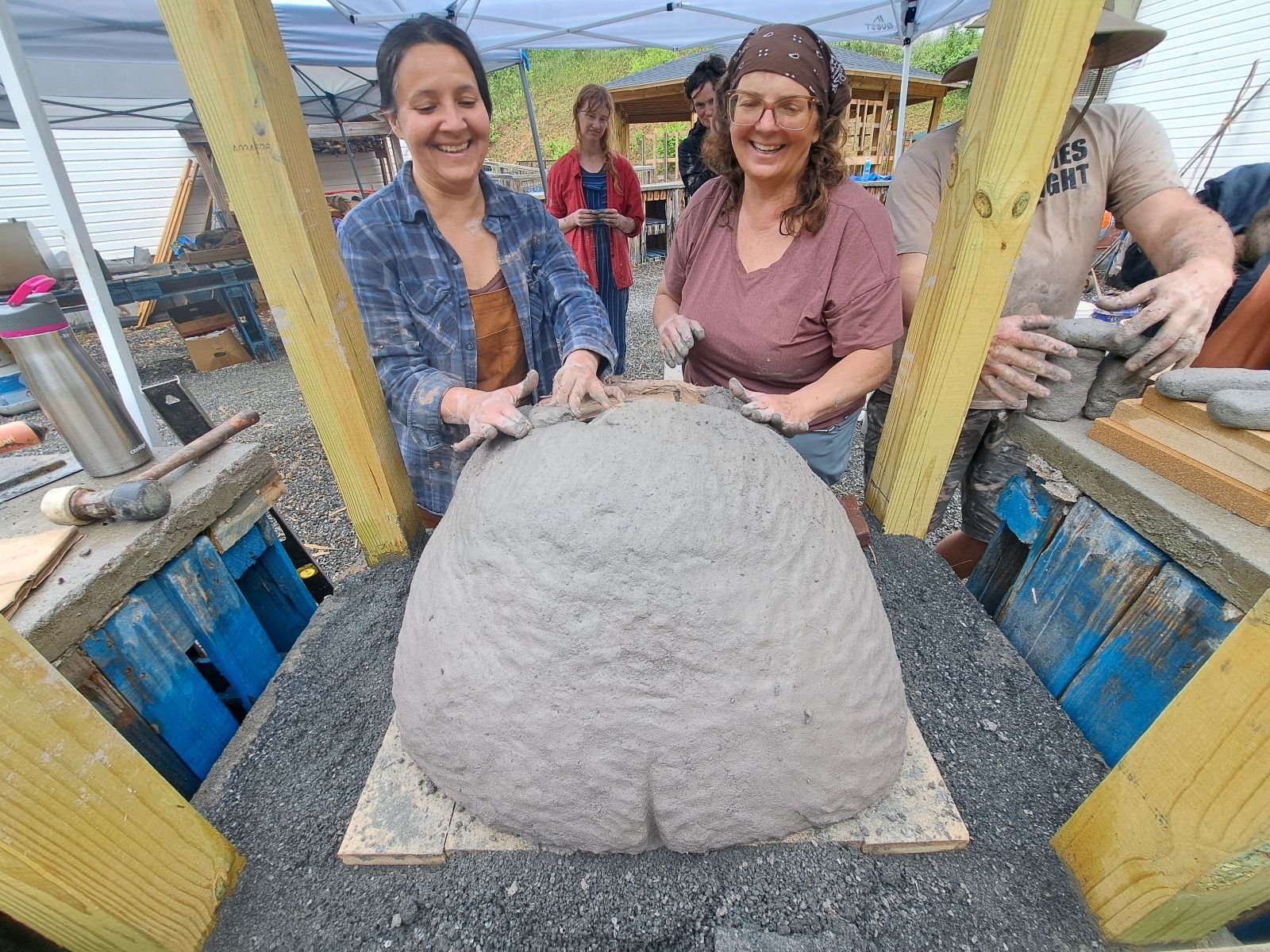Community Education
Rooted in the mountains, growing together — learning doesn’t stop with childhood.
Learning at MCCLC extends far beyond childhood. Our community education programs invite adults, elders, and youth to engage in lifelong, intergenerational learning—reviving Appalachian traditions while acquiring practical, modern skills. We believe that thriving communities are built through collaboration, creativity, and shared knowledge.
Are you interested in volunteering at MCCLC? We’d love to have you! Explore the ways you can support at our Volunteer page.




















Community Education Opportunities
Hands-On Workshops
Whether crafting a cob oven from local clay, designing a 3D-printed prototype in a STEAM for adults class, or assembling a herbal apothecary in plant medicine-making, our workshops empower participants to step away from screens and rekindle their innate curiosity.
Seasonal Festivals
The Appalachian Harvest Festival is our signature event—celebrating ballad singing, porch music, natural dyeing, quilt displays, and seasonal food preservation. Families come together to swap knowledge, chop wood, throw axes, and prepare produce for the winter pantry, fostering intergenerational bonds and cultural continuity.
Community Hosted Events
At MCCLC, our spaces are designed to bring people together. We proudly host a variety of community-led workshops, events, parties, and gatherings that keep our community connected, inspired, and learning from one another. If you’re looking for a welcoming space to share your skills, celebrate, or bring people together.
Stewardship and Civic Engagement
From community garden workdays to collaborative land stewardship projects, these programs cultivate civic responsibility. Participants learn to plan crop rotations, maintain pollinator gardens, and restore native habitats—gaining skills that benefit both their own homesteads and the broader ecosystem.
Accessibility
All community education programs operate on a sliding-scale fee structure. We ensure that income is never a barrier to participation—because when whole communities learn together, they become stronger, more resilient, and better equipped to face shared challenges.
Outcomes
Graduates of these programs leave with practical skills—cob building, medicinal herbcraft, permaculture design—and a renewed sense of belonging. They forge relationships across generations, share local knowledge, and contribute to a culture of lifelong learning.








